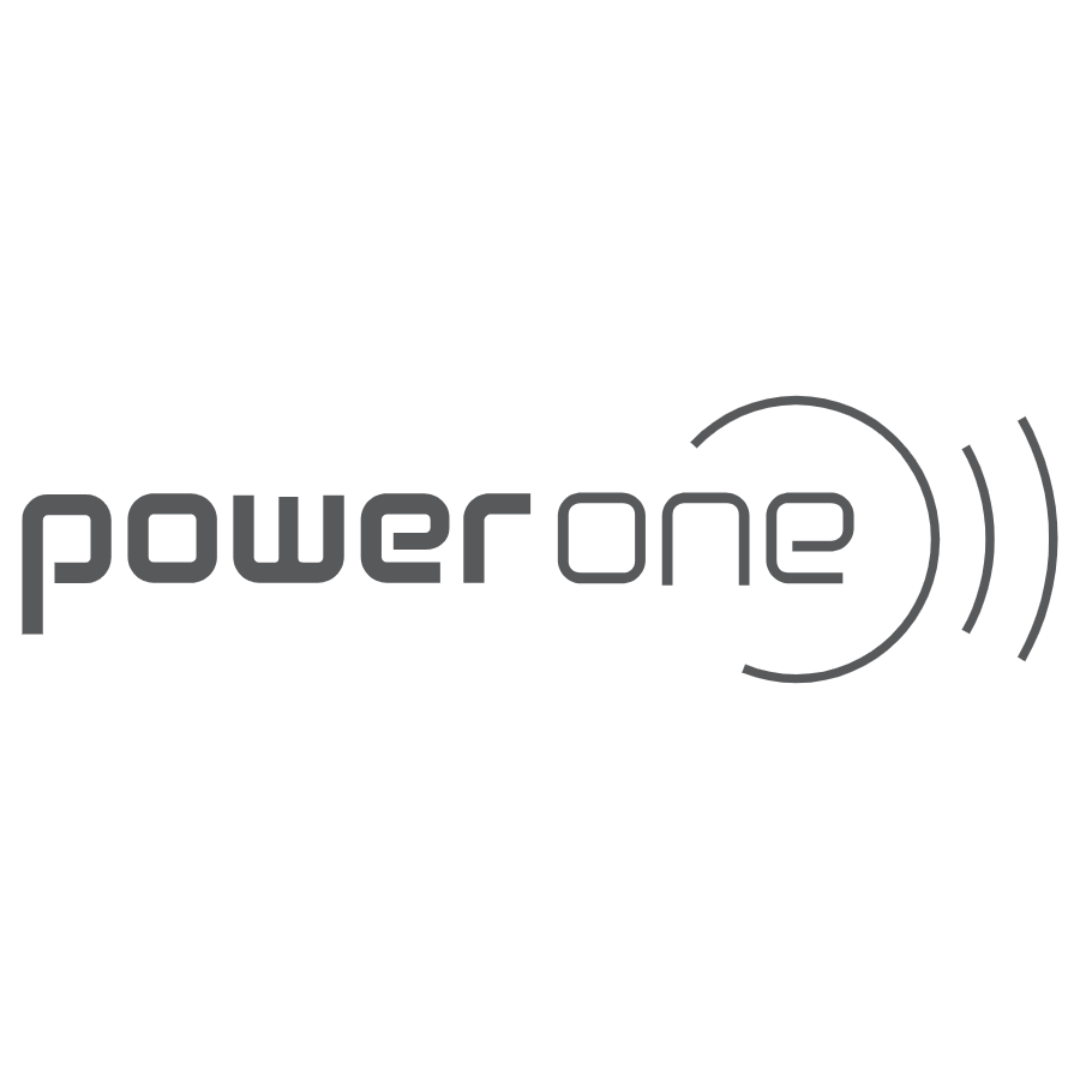Rechargeable vs Disposable Batteries – What Should You Use in 2025?
Share
🔋 Rechargeable vs Disposable Batteries – What Should You Use in 2025?
With more devices in our homes than ever — from TV remotes and wireless mice to toys, hearing aids, and cameras — battery choices are no longer just about grabbing a pair off the shelf.
So, what’s the better choice in 2025?
Rechargeable batteries that can be reused hundreds of times, or disposable batteries you replace every few weeks?
This guide compares both across cost, performance, use case, and eco-friendliness, helping Indian households and businesses make smarter choices.
⚙️ Quick Comparison Table
|
Feature |
Rechargeable Batteries |
Disposable Batteries |
|
Initial Cost |
Higher |
Lower |
|
Long-term Cost |
Low (reuse up to 500–1000x) |
High (repeat purchases) |
|
Voltage Stability |
Slightly lower initially |
Consistent 1.5V |
|
Ideal Use Cases |
High-drain, daily-use devices |
Low-drain or emergency use |
|
Eco-Friendly |
♻️ Yes (less waste) |
❌ No (single-use waste) |
🔋 What Are Disposable Batteries?
Disposable batteries (also called primary cells) are single-use and non-rechargeable.
They are commonly alkaline or zinc-carbon, and once discharged, they must be discarded.
✅ Best For:
-
TV remotes
-
Wall clocks
-
Emergency torches
-
Devices with infrequent use
🛒 Popular in India:
-
Duracell Ultra AA/AAA
-
Energizer Max
-
Eveready Heavy Duty
🔌 What Are Rechargeable Batteries?
Rechargeable (secondary) batteries can be recharged 500–1000+ times.
Modern AA/AAA rechargeable cells are mostly NiMH (Nickel-Metal Hydride).
✅ Best For:
-
Wireless mice, keyboards
-
Game controllers
-
RC toys
-
DSLR flashes
-
Constant-use remotes or torches
🛒 Popular in India:
-
Panasonic Eneloop
-
Duracell Recharge Ultra
-
Amazon Basics Rechargeables
💰 Real Cost Comparison (Indian Market, 2025)
|
Product |
Price (Pack of 4) |
Cycles |
Effective Per Use |
|
Duracell AA (Alkaline) |
₹145 |
1 |
₹36.25 |
|
Eneloop AA Rechargeable |
₹799 |
500+ |
₹1.60 or less |
⚠️ Even with a one-time charger cost (~₹500), rechargeables become cheaper after 4–5 charge cycles.
🌍 Environmental Impact – Huge in 2025
In a country like India, where battery recycling infrastructure is still evolving, going rechargeable can make a huge impact.
|
Factor |
Rechargeable |
Disposable |
|
Waste Produced |
Low (1 battery replaces 500+) |
High (each use = waste) |
|
CO₂ Emissions |
Lower over lifecycle |
Higher due to production/replacement |
|
Mercury/Heavy Metals |
Modern NiMH: Safe |
Older types may leak |
♻️ Pro Tip: Use one set of rechargeables for home gadgets, and keep disposables only for emergencies.
📱 Which Devices Work Best With Each?
|
Device Type |
Recommended Battery |
|
TV Remote |
Disposable (low drain) |
|
Wireless Mouse/Keyboard |
Rechargeable (daily use) |
|
Flashlight (Emergency) |
Disposable (always ready) |
|
Toys & Gaming |
Rechargeable (high drain) |
|
Medical Devices (BP Monitor, Glucometer) |
Disposable (voltage-sensitive) |
⚠️ Limitations of Rechargeables
-
Slightly lower starting voltage (1.2V vs 1.5V) — some old devices might not accept
-
Require upfront investment in charger
-
Need routine charging (not ideal for infrequent-use devices)
🏆 Expert Recommendation – What You Should Use in 2025 (India)
“For high-usage households or professionals like photographers, rechargeables are a no-brainer. But for devices that stay idle for weeks or are critical like remotes or clocks, alkaline disposables still hold value.”
– Dr. Aditya Vora, Electronics Consultant, Mumbai
🛒 Where to Buy Trusted Batteries Online in India?
🎯 MyBattery.in – India’s Most Reliable Battery Store
-
✅ Duracell, Eneloop, Panasonic, Energizer
-
🧾 GST Billing Available
-
🚚 24–48 Hour Pan-India Delivery
-
💬 WhatsApp Support for Size Help
❓ FAQ – Rechargeable vs Disposable Batteries
Q1. Can I use rechargeables in all devices?
Not always. Devices that require exactly 1.5V (like some digital thermometers) may reject 1.2V rechargeable batteries.
Q2. How long do rechargeable batteries last?
Up to 1000 charge cycles — around 2–4 years with regular use.
Q3. What is the shelf life of unused rechargeables?
Modern low self-discharge types like Eneloop can retain 70–85% charge even after 1 year.
Q4. Can I mix rechargeable and disposable in one device?
⚠️ Never. Mixing different battery types can lead to leakage or damage.
🏁 Final Verdict – The Best Battery Choice for You in 2025
|
If you… |
Go For… |
|
Use batteries daily (mouse, toy, etc.) |
✅ Rechargeable |
|
Need emergency backup (torch, BP monitor) |
✅ Disposable |
|
Want to save money long term |
✅ Rechargeable |
|
Want plug-and-forget convenience |
✅ Disposable |
💡 Hybrid approach works best:
Use rechargeables for daily use, keep disposables for backup or voltage-sensitive devices.
🎯 👉 Order Rechargeable & Disposable Batteries Now at MyBattery.in
✔️ Fast Shipping | ✔️ Expert Support | ✔️ Fresh Stock | ✔️ Bulk Deals for Homes & Clinics



